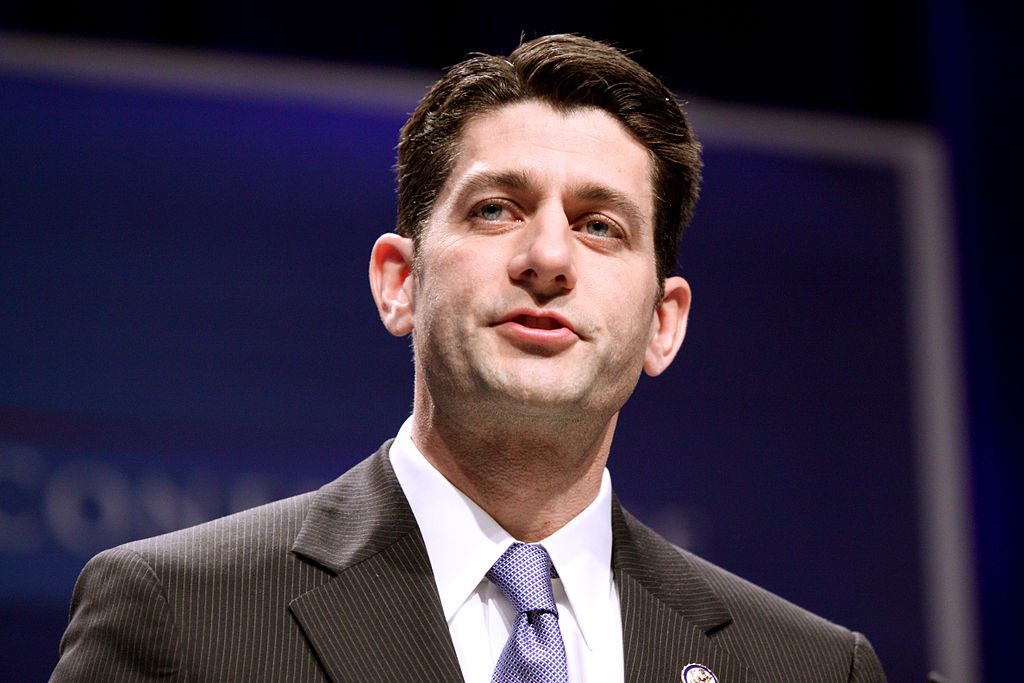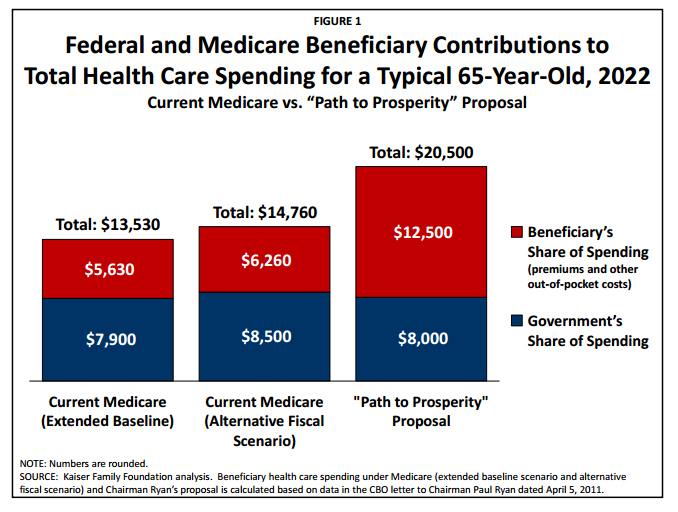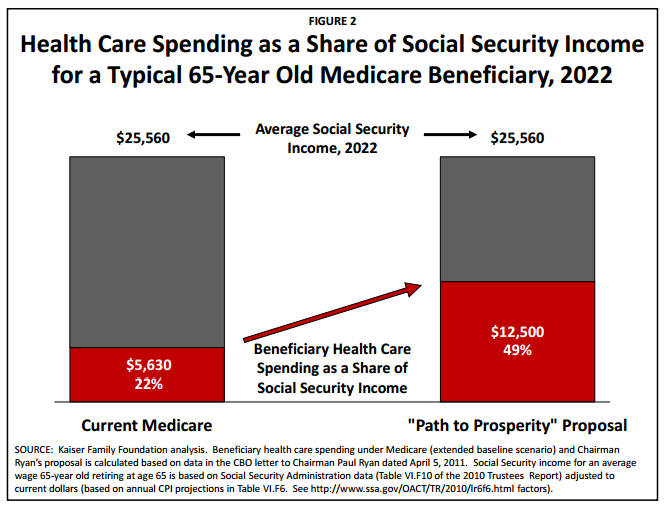Pay more and get less: The Ryan plan to privatize Medicare
One of the fights likely to come up early during the next administration is privatizing Medicare.
Tom Price, chairman of the House Budget Committee, has indicated Republicans will try to privatize Medicare in a budget reconciliation bill (a sneaky filibuster proof attack).
You’re going to hear a lot about “choice” and “efficiency” and the amazingness of markets, but Ryan’s plan basically comes down to two things: 1) you will pay more, and 2) you will get less.
Ryan’s proposal is for what he calls “premium support” programs. Think premium like an insurance premium, not like a Cadillac. The latter usage of the word is not a mistake though. The intent is to make it sound desirable.
The big change is that Medicare would no longer provide coverage for medical care but would be a subsidy towards the purchase of a privatized insurance plan.
No surprise. Ryan wants to privatize Medicare.
You will pay more
Instead of Medicare paying directly for care, there will now be a private middle man. A middle man that needs a profit.
People will have to pay for shareholder dividends and corporate profits. This will drive up costs.
In addition, Medicare will lose their single payer negotiation leverage over hospitals, care providers, and drug companies. Again, this will tend to drive up costs.
According to a Congressional Budget Office assessment of Ryan’s 2011 plan (the basis for subsequent versions), as reported by Kaiser Family Foundation, out-of-pocket costs for a typical 65-year old would be more than twice as large under Ryan’s plan as under traditional Medicare.
As a percentage of Social Security spending, a typical 65-year old would spend 49 percent of their benefits on health care instead of 22 percent.
According to the Kaiser Family Foundation, this could be even higher for older adults:
Plans would be prohibited based on the health status of enrollees, and would be required to charge the same premium to individuals in the same age group, according to the CBO. This may suggest that plans would be permitted to vary premiums by age, charging higher premiums to older beneficiaries and lower premiums to younger beneficiaries. In such a scenario, 85-year olds who choose to be covered under the premium support system in 2022 could face significantly higher costs than younger Medicare beneficiaries.
You will get less
Since healthcare will cost more and the costs will be shifted onto you, you will be able to afford less.
According to Kaiser and the CBO:
The total cost of providing Medicare benefits to enrollees is expected to rise under the proposal, according to the CBO. This is because private plans have higher administrative costs and typically pay higher fees to providers than Medicare. While private plans may be able to achieve lower utilization through tighter cost and care management practices, the CBO believes the total costs of providing a similar benefit package would be higher under private plans than Medicare, and that the differential between the costs under traditional Medicare and the costs under private plans would widen over time.
Lower utilization? What does that mean?
That means that private companies would put practices in place so that it would be used less. If you’ve ever had to deal with insurance companies, you know what these practices look like. They look like trying to deny you coverage.
In other words, you will get less.
And it will still cost more. According to the CBO, a privatized plan would be 34 percent more expensive by 2022.
There is likely to be a significant media push for privatization
If the plan is so bad, why is it being proposed?
There is only one reason: To shift the costs onto you. It’s another “privatize the profit, socialize the risk” scheme.
You will be told:
- There’s a crisis
- We have to do something
- There will be more choice
- We need to be “patient centered”
- Our solution is better, stronger, faster
- The market will produce savings through private sector “magic” and efficiency
Don’t buy it.
You will pay more and you will get less. This is the only “magic.” And if we sell off Medicare, we will never get it back.
David Akadjian is the author of The Little Book of Revolution: A Distributive Strategy for Democracy (ebook now available). Cross posted at Daily Kos.













